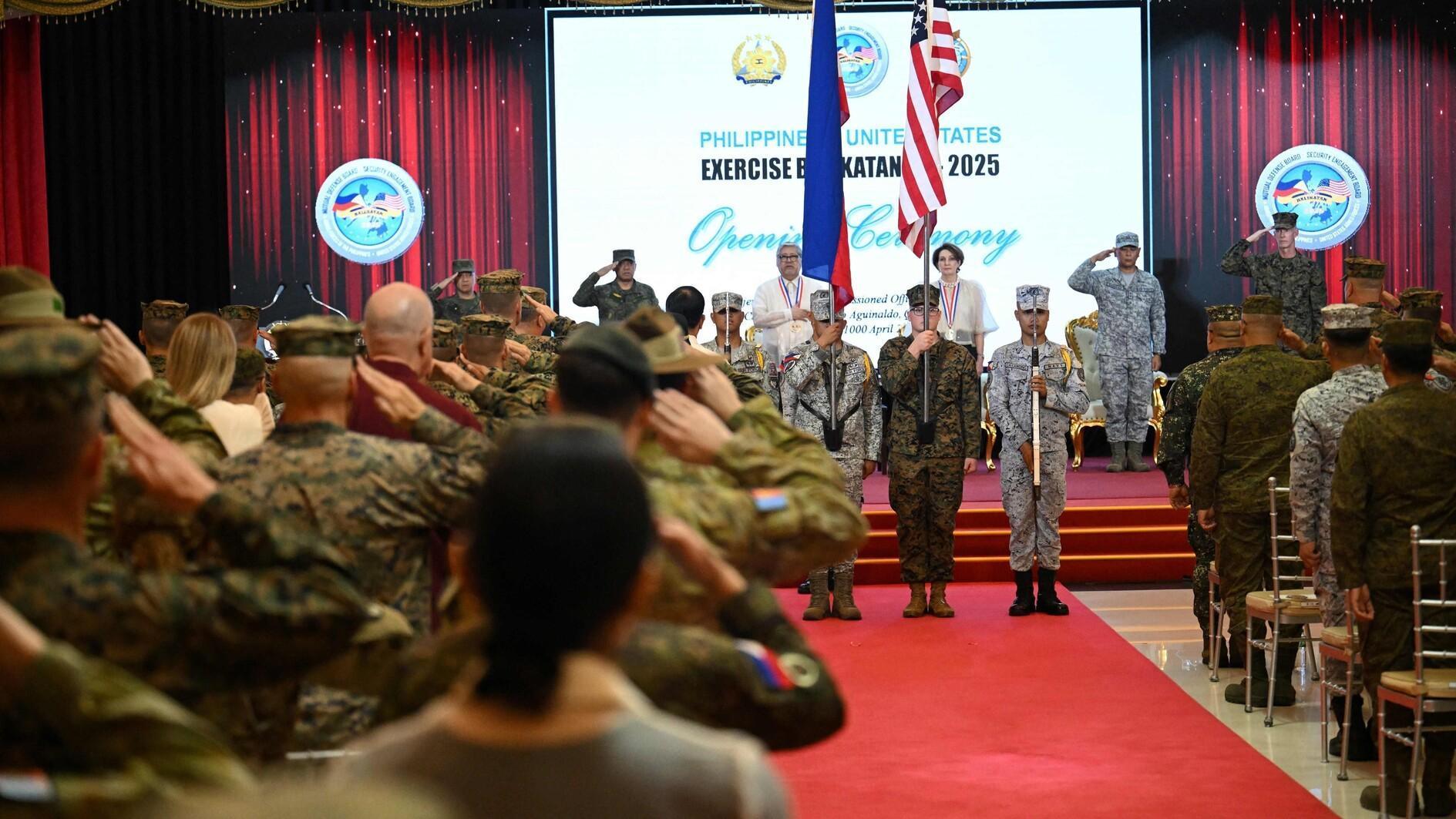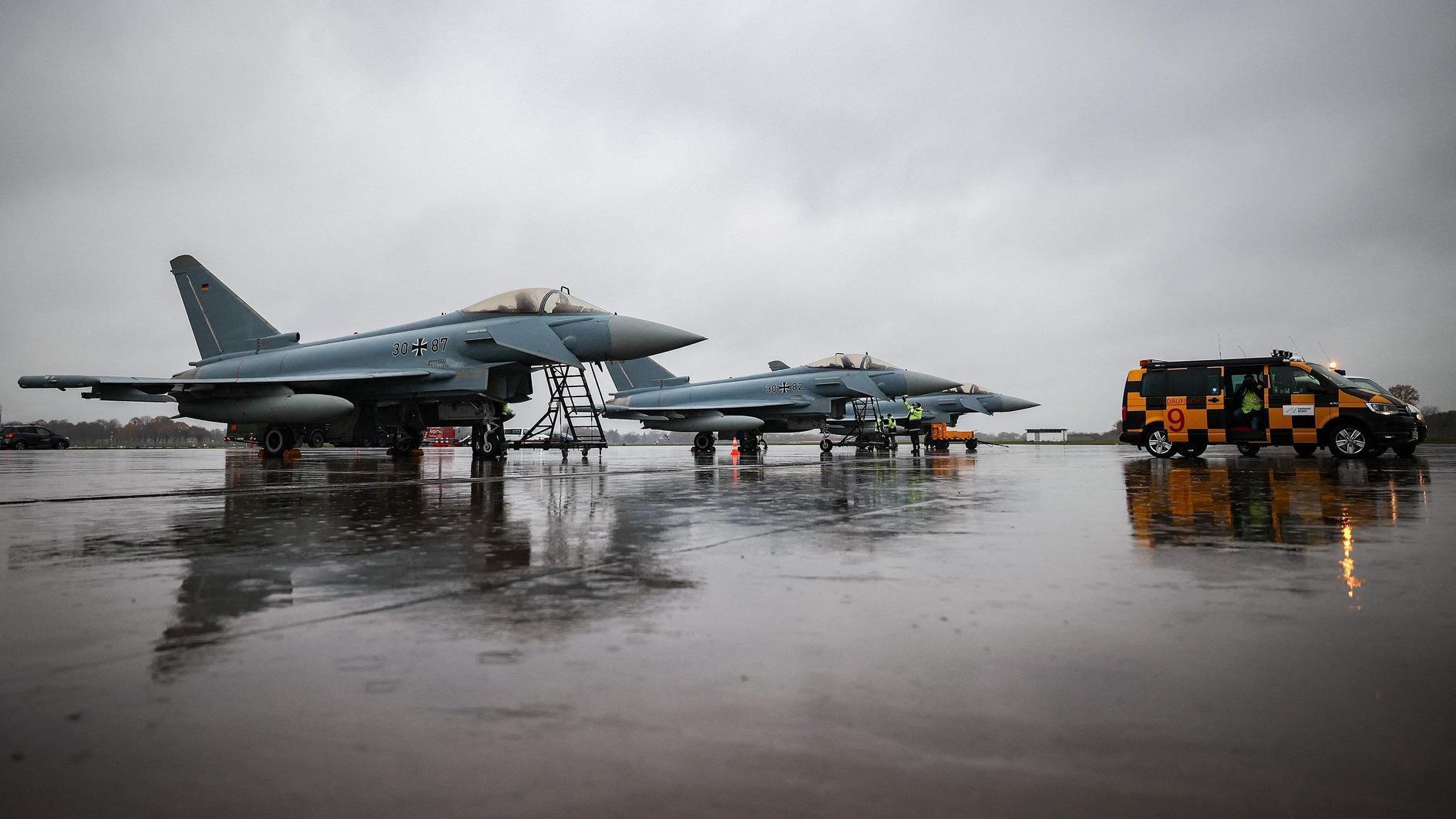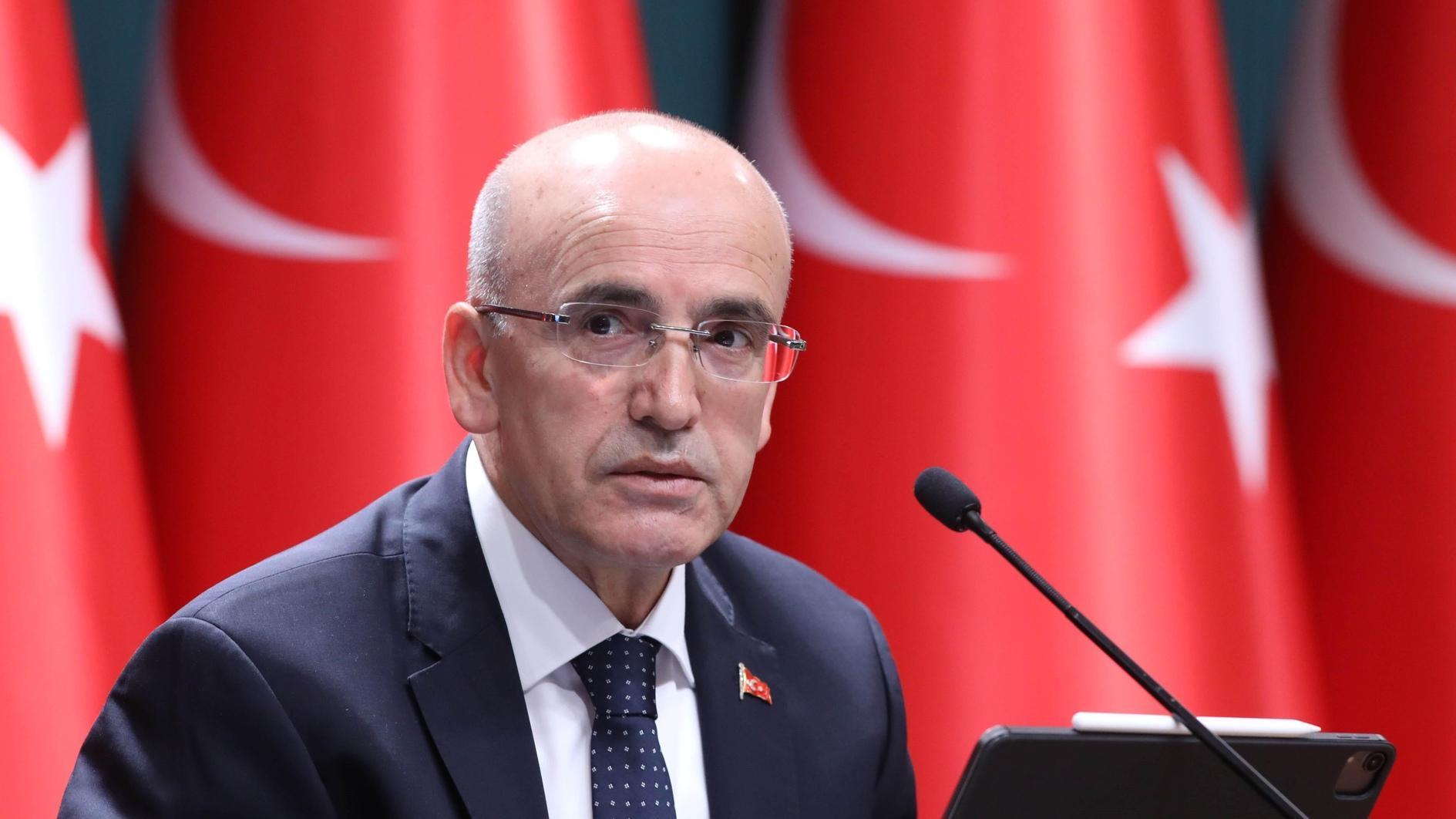Ending NATO’s double standard
DAVID ROHDE
As people around the globe see war criminals brought to justice, they want to see the world’s most powerful armies held accountable as well. Outside the U.S. and Europe, there is a growing sense of a two-tiered system of international justice. The West puts others on trial for war crimes; the argument goes, while exempting its own forces from scrutiny.The U.S. and NATO are not evil incarnate, nor are they perfect. A recent examination by Human Rights Watch, for example, found that the seven-month NATO bombing campaign in Libya killed at least 72 civilians but that the alliance took major steps to try to avoid such casualties. (Former Liberian President Charles)Taylor and (Ratko) Mladic, meanwhile, went out of their way to kill civilians.
The belief that there is a double standard, though, is visceral outside NATO. In conversations with me over the last several years, everyone from Chinese intellectuals to Bosnian Serb civilians to Taliban fighters have passionately believed that the West’s crimes are far worse than those of the people hauled before international tribunals.
One hundred and twenty-one states have signed and ratified the treaty that created the International Criminal Court, or the ICC in 2002 and agreed that their citizens can be tried there for war crimes. The world’s three most militarily powerful nations – the United States, China and Russia – have declined to join the treaty, depriving the new, Hague-based court of binding jurisdiction over their citizens. As a result, in most cases it would take the passage of U.N. Security Council resolution for an American, Chinese or Russian to be tried by the ICC. Considering the Security Council vetoes that the U.S., Russia, and China enjoy, that will likely never happen.
The system plays out unevenly in other ways. Moscow’s veto protects those close to it, such as Syrian President Assad. China’s veto, for example, protects North Korea’s autocratic regime. And critics of Israel say America’s veto does the same for Israeli transgressions.
In some ways, there is a double standard. To be blunt, Taylor and Mladic are comparatively easy pickings. International pariahs with no powerful allies, their arrests and convictions cost U.S. and NATO leaders little political capital.
Still, their presence in the dock is a positive step that creates a sense of justice for victims. Their convictions and the creation of the ICC may deter future war crimes, and should be hailed.
But at the same time there is a widespread belief that American, NATO and Israeli forces do not face the same level of accountability. And some elements of the so-called war on terror do skirt international law.
The U.S. ICC as nearly all of its NATO partners have. It should end over a decade of indefinite detention without trial in Guantanamo Bay. American drone strikes should be carried out by the U.S. military, be publicly announced, and no longer be covert operations run by the CIA. And when reports of drones killing civilians emerge, they should be investigated, with compensation paid to the victims – as the laws of war require.
The best course for the United States – and its NATO allies – is to pledge to more strictly abide by the laws of war they have created.
President Obama and other leaders who ignore the perception of a double standard do so at their peril. The U.S. and NATO should ally themselves with the laws of war. They should not allow those standards to become their enemy.
David Rohde is a columnist for Reuters. This abridged article is taken from Reuters.











